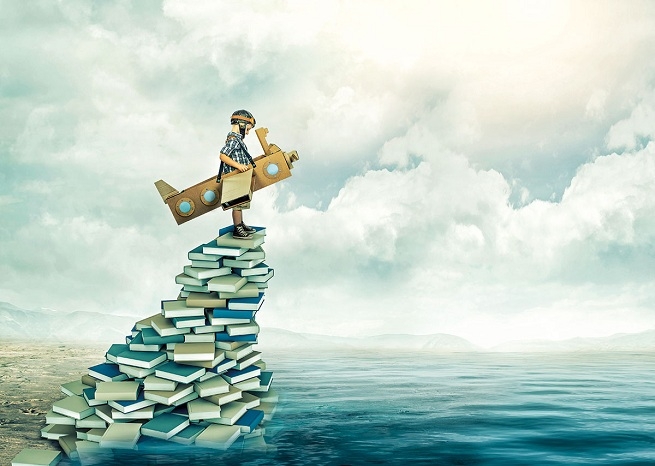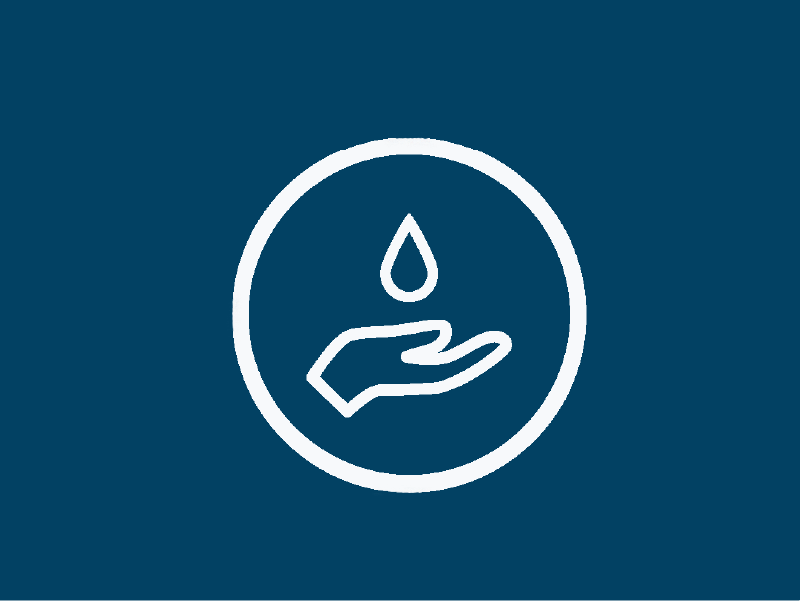Hey there! Let’s talk about something that affects us all: water. It’s easy to take for granted, but as we face a changing climate and growing populations, understanding water issues has never been more critical. That’s where the concept of water literacy comes in.
I remember the first time I truly grasped the importance of water literacy. It was during a community workshop on water conservation. I learned not just about the water cycle but also about the challenges our local water sources faced. It opened my eyes to how interconnected our lives are with water and how essential it is to be informed about these issues.
In this article, we’ll explore what water literacy means, why it matters, and how we can all become more water literate.
What is Water Literacy?

At its core, water literacy refers to the understanding of water-related issues, including the water cycle, water quality, conservation practices, and the social, economic, and environmental impacts of water use. It’s about knowing how water systems work and the role they play in our lives and ecosystems.
Here are some key components of water literacy:
- Understanding the Water Cycle: Knowing how water moves through the environment—evaporation, condensation, precipitation, and runoff—is fundamental.
- Water Quality Awareness: Recognizing the factors that affect water quality, including pollution, treatment processes, and safe drinking water standards.
- Conservation Practices: Learning how to use water efficiently and reduce waste, from simple habits at home to larger community initiatives.
- Social and Environmental Impact: Understanding the implications of water scarcity, access issues, and the importance of protecting water resources for future generations.
When I first learned about these components, I realized how much I didn’t know. It motivated me to dig deeper and become more engaged in water-related discussions in my community.
Why Water Literacy Matters
As we navigate a changing world, the importance of water literacy becomes increasingly clear. Here are a few reasons why it matters:
- Climate Change Adaptation: With rising temperatures and changing precipitation patterns, understanding water resources is crucial for adapting to climate impacts. Communities need to know how to manage water effectively under these new conditions.
- Public Health: Access to clean water is essential for health. Water literacy helps individuals recognize the importance of safe drinking water and sanitation practices, reducing the risk of waterborne diseases.
- Sustainable Practices: As populations grow, sustainable water management becomes vital. Water-literate individuals are better equipped to advocate for and implement conservation strategies.
- Community Engagement: Knowledge empowers communities to engage in decision-making processes regarding water management, ensuring that local voices are heard.
I remember participating in a local advocacy group focused on water conservation. Our discussions often highlighted how informed citizens could influence policies and practices that impact our water resources. It was inspiring to see how knowledge could lead to meaningful change.
Building Water Literacy: Practical Steps
So, how can we all become more water literate? Here are some practical steps to enhance your understanding of water issues:
- Educate Yourself: Read books, articles, and reports on water issues. Many organizations provide resources on water conservation, quality, and management.
- Attend Workshops and Events: Look for community workshops, webinars, or local events focused on water education. Engaging with experts can deepen your understanding.
- Participate in Local Initiatives: Join local conservation efforts or volunteer with organizations that focus on water issues. Hands-on experience is invaluable.
- Advocate for Change: Use your knowledge to advocate for sustainable water practices in your community. Whether it’s promoting rainwater harvesting or supporting policies for clean water access, every action counts.
- Share Your Knowledge: Talk about water issues with friends and family. Raising awareness can spark conversations and encourage others to become more water literate.
When I started sharing what I learned about water conservation with my friends, I was amazed at how many were interested in making changes in their own lives. It’s all about starting conversations and inspiring others!
The Global Perspective: Water Literacy Around the World
Water literacy is not just important on an individual or community level; it has global implications. Around the world, millions of people lack access to clean water, and understanding these challenges is crucial for addressing them.
- Access to Clean Water: In many developing countries, water literacy can empower communities to advocate for their rights to clean water and sanitation.
- Cultural Significance: Different cultures have unique relationships with water. Understanding these perspectives can foster respect and collaboration in global water management efforts.
- International Cooperation: Water issues often cross borders. Water literacy promotes international collaboration to address shared water resources and challenges.
I’ve had the opportunity to learn about global water issues through various documentaries and articles. It’s humbling to realize how interconnected we all are when it comes to water, and how important it is to support global efforts for sustainable management.
Conclusion: Embracing Water Literacy for a Sustainable Future
As we navigate the complexities of a changing world, embracing water literacy is essential. By understanding water issues, we can make informed decisions, advocate for sustainable practices, and contribute to a healthier planet.
Whether you’re just starting your journey into water literacy or you’re already well-versed, remember that every bit of knowledge counts. Let’s work together to promote awareness and ensure that future generations have access to this precious resource.
Here’s to a future where we all value and protect our water resources—because water literacy is not just knowledge; it’s a pathway to a sustainable future!
Read also about Building a Future is about creating a world where progress is driven by innovation, sustainability, and education.


